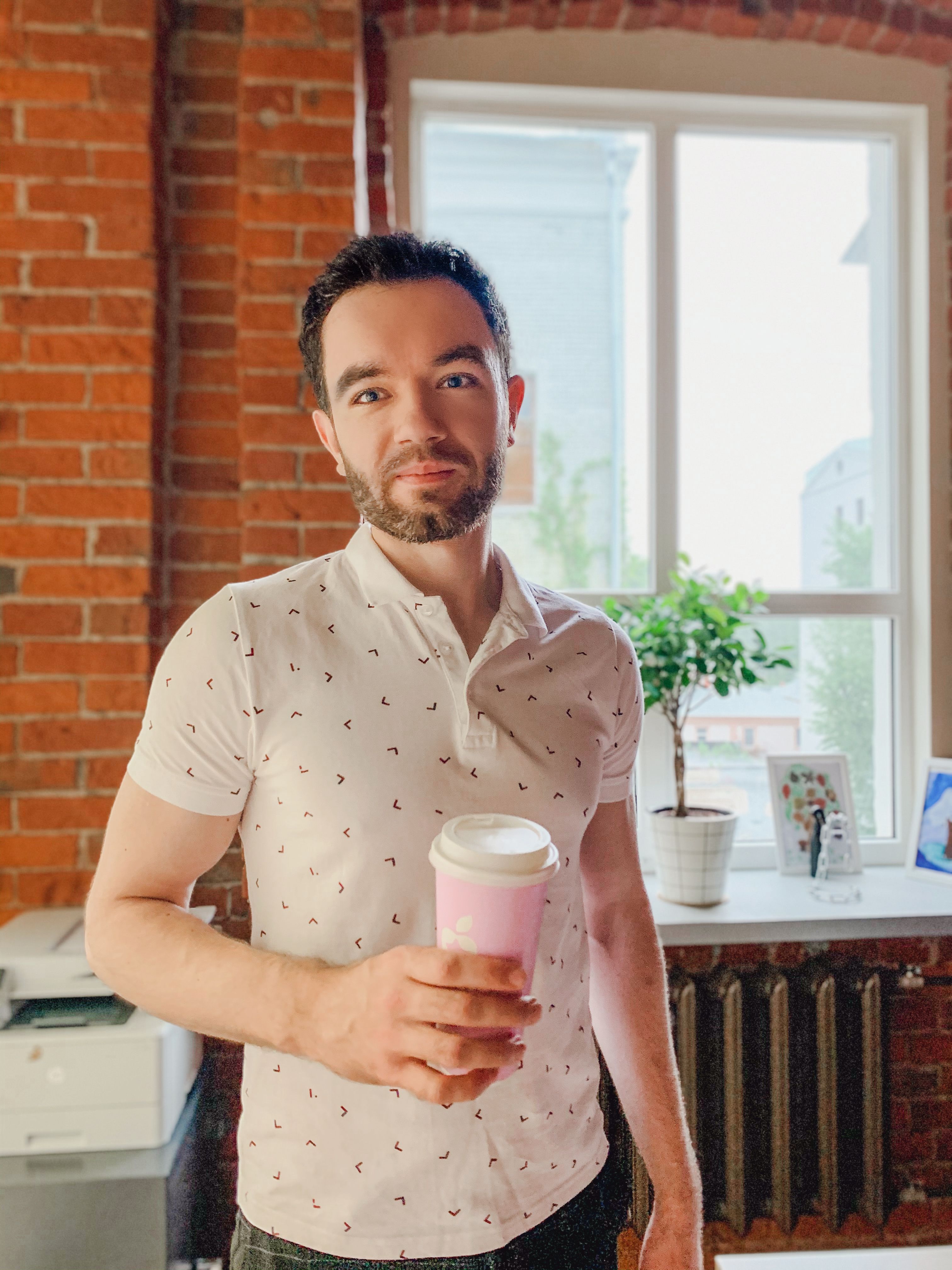106 reads
Is Real Estate Crowdfunding Worth It?
by
September 26th, 2020

Dmitry Tsyplakov CEO/Product Owner, Fincase – #1 Property Technology Company across Russian market
About Author
Dmitry Tsyplakov CEO/Product Owner, Fincase – #1 Property Technology Company across Russian market
